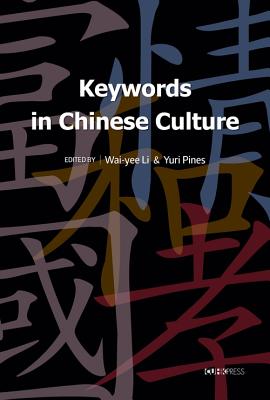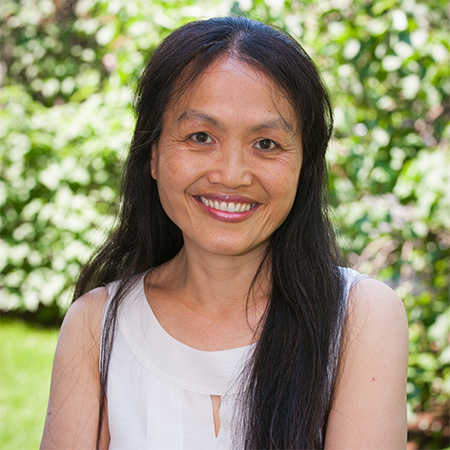

 Chinese University of Hong Kong Press
Chinese University of Hong Kong Press
Keywords in Chinese Culture


Key Metrics
- Wai-Yee Li
- Chinese University of Hong Kong Press
- Hardcover
- 9789882371194
- 9.13 X 6.22 X 1.34 inches
- 1.9 pounds
- Literary Collections > Asian - Chinese
- English
 Secure Transaction
Secure TransactionBook Description
The authors of the volume explore different keywords and focus on different periods and genres, ranging from philosophical and historical texts of the Warring States period (453-221 BCE) to late imperial (ca. 16th-18th centuries CE) literature and philosophy. They are guided by a similar set of questions: What elevates a mere word to the status of keyword? What sort of resonance and reverberations do we expect a keyword to have? How much does the semantic range of a keyword explain its significance? What kinds of arguments does it generate? What are the stories told to illustrate its meanings? What are political and intellectual implications of the keyword's reevaluation? What does it mean to translate a keyword and map its meaning against other languages?
Throughout Chinese history, new ideas and new approaches often mean reinterpreting important words; rupture, continuities, and inflection points are inseparable from the linguistic history of specific terms. The premise of this book is that taking the long view and encompassing different disciplines yield new insights and unexpected connections. The authors, who come from the fields of history, philosophy, and literature, explore keywords in different genres and illuminate their multiple dimensions in various contexts. Moreover, despite their different temporal focus, they take into consideration the development of selected keywords from the Warring States to the late imperial period, sometimes adding excurses that extend to contemporary usage.
Author Bio
Wai-yee Li has been Professor of Chinese Literature at Harvard since 2000. Li earned her B.A. from the University of Hong Kong and her Ph.D. from Princeton University (1987), where she was associate professor from 1996 to 2000. She also taught at the University of Pennsylvania and the University of Illinois at Urbana-Champaign.
Li’s research spans topics ranging from early Chinese thought and narrative to late imperial Chinese literature and culture.
Her recent publications include The Readability of the Past in Early Chinese Historiography (Harvard, 2007), which investigates the ordering impulse of Chinese culture in understanding the past, as evinced by how different conceptions of rhetoric and exegesis determine interpretation; and Women and National Trauma in Late Imperial Chinese Literature (Harvard, 2014), which explores how history and literature intersect, how the multivalent presence of women in different genres mediates the experience and expression of political disorder during the seventeenth century Ming-Qing dynastic transition and beyond.
Li’s co-edited volume of translations of ten seminal plays from the 13th and 14th centuries, The Columbia Anthology of Yuan Drama, was also published in 2014.
Her annotated translation of Zuozhuan, in collaboration with Stephen Durrant and David Schaberg, was published in 2015, as was her co-authored book, Sima Qian and the Letter to Ren An. She is co-editing The Oxford Handbook of Classical Chinese Literature with Wiebke Denecke and Tian Xiaofei. Li has received fellowships or grants from the Harvard Society of Fellows, the Chiang Ching-kuo Foundation, ACLS, Radcliffe Institute of Advanced Study, and the American Academy in Berlin.
She has taught courses on Ming-Qing culture, early Chinese thought and historiography, gender and sexuality, and premodern fiction and drama.
In July of 2014, Li was elected by Academia Sinica to its List of Academicians.
Source: Fairbank Center for Chinese Studies Harvard University
Videos
No Videos
Community reviews
Write a ReviewNo Community reviews